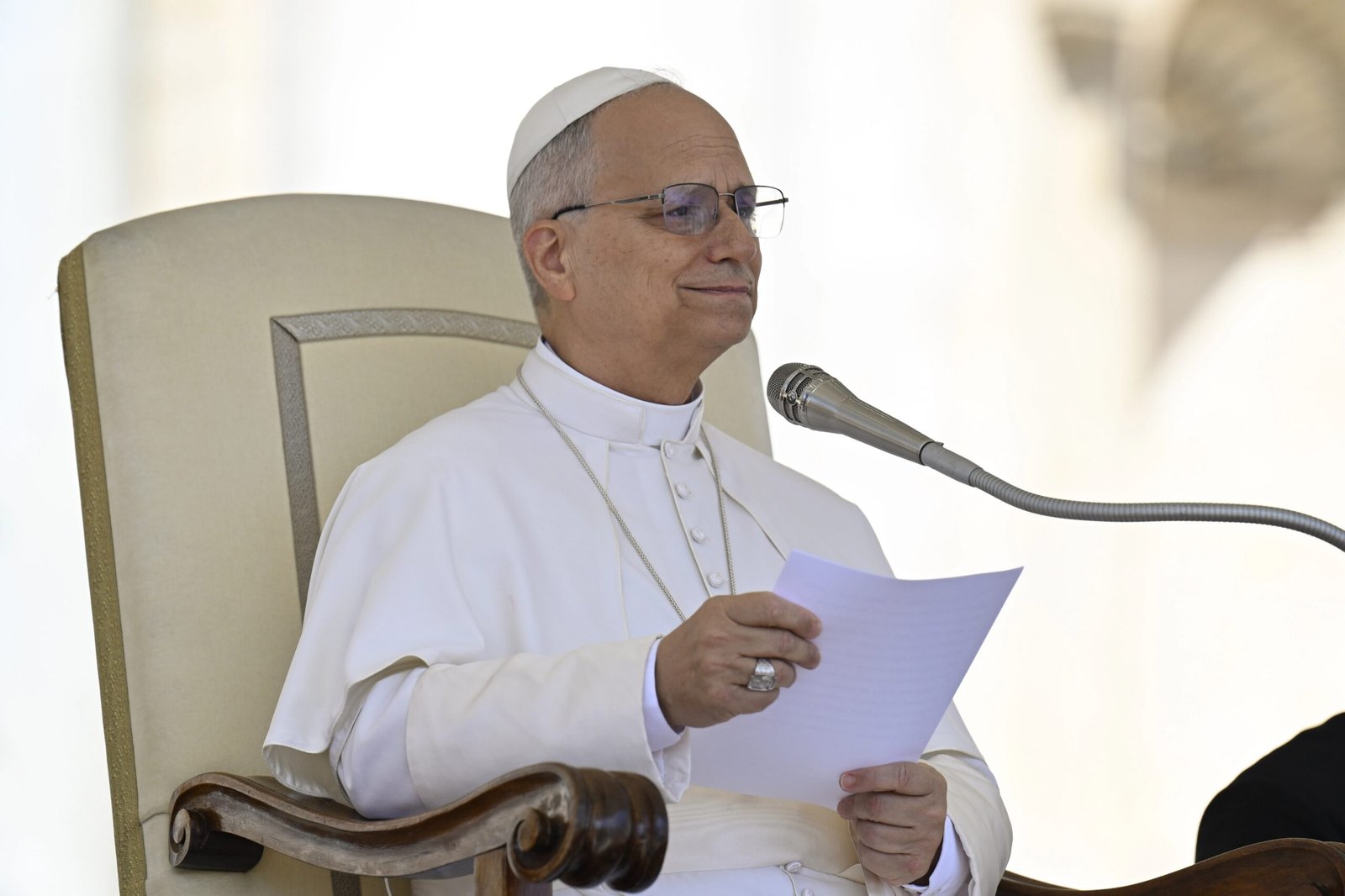News Americas, NEW YORK, NY, Weds. Sept. 3, 2025: The deportation of Orville Etoria, a 62-year-old Jamaican man who had been living legally in the United States to Africa of all places, has drawn international attention and reignited debate over President Donald Trump’s immigration crackdown.
Here’s what you need to know:

Who is Orville Etoria?
Etoria migrated legally to the United States from Jamaica decades ago. In 1996, he was convicted of murder after fatally shooting a man in Brooklyn and was sentenced to 25 years to life. While serving his sentence, Etoria earned a bachelor’s degree and later, after release, began pursuing a master’s degree in divinity. He completed parole, worked at a men’s shelter, and, according to supporters, sought to rebuild his life.
Why Was He Targeted Now?
Although an immigration judge ordered him deported while he was still incarcerated, U.S. authorities had allowed him to remain in the country after his release in 2021, provided he complied with annual check-ins. That changed in July 2025 when the Trump administration accelerated deportations of immigrants with serious criminal records. Etoria was swept up as part of a group of five men targeted under what officials called a focus on the “worst of the worst.”
Where Was He Sent?
Instead of being deported to Jamaica – his country of birth – Etoria was sent to Eswatini, formerly Swaziland, a southern African kingdom where he has no ties and does not hold citizenship. Reports indicate he is now detained in a prison there. Trump officials defended the decision, saying Etoria’s home country and others had refused to accept him. One administration official described the deportees as “barbaric.”
Why Is This Controversial?
Legal scholars and immigrant rights advocates say the case raises serious concerns:
- Unprecedented relocation: Deporting immigrants to countries where they have no citizenship or ties is virtually unheard of.
- Human rights risks: In Eswatini, deportees can be detained indefinitely without charges, leaving them in legal limbo.
- Public safety vs. rehabilitation: While the Trump administration frames Etoria as a dangerous felon, supporters argue he had served his sentence, re-entered society, and should not face exile to an unfamiliar country.
The Bigger Picture
Etoria’s case highlights a broader tension in U.S. immigration policy: whether justice ends with time served, or whether deportation is a permanent penalty layered on top of incarceration.
It also reflects the administration’s aggressive posture toward deportations, with officials pledging to expel record numbers of immigrants, including those with long-established ties to the United States.
Writing on LinkedIn, Wilfredo Laracuente, who says he is a fellow alumnus and a friend of Etoria, wrote that Orville, along with several other detainees, is currently being held in solitary confinement at the Matsapha Correctional Complex in Eswatini. “The situation in Eswatini represents a grave violation of human rights. Detainees like Orville Etoria deserve more than silence—they deserve justice, dignity, and freedom from inhumane treatment,” he wrote. “Orville, we stand with you. We will continue to advocate for your release, and we will not stop until you are free from the unjust and cruel conditions of solitary confinement.”
Jamaica’s foreign minister, Kamina Smith, said: “The government has not refused the return of any of our nationals to Jamaica,” and would work to return any deportees to the country. She later said that diplomats visited Etoria in prison in Eswatini on August 21st and found him “in good spirits.”




